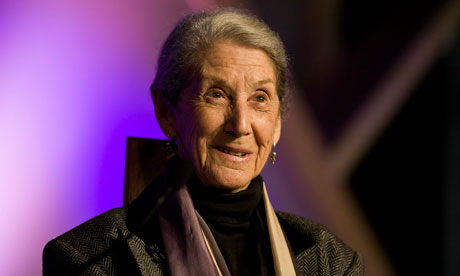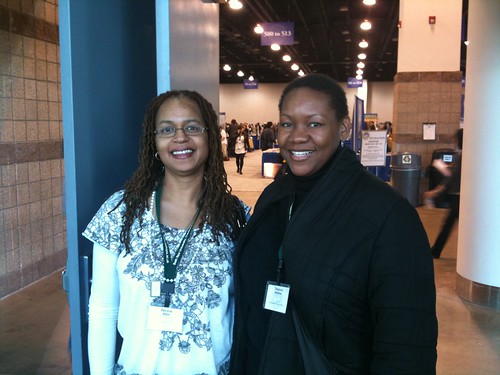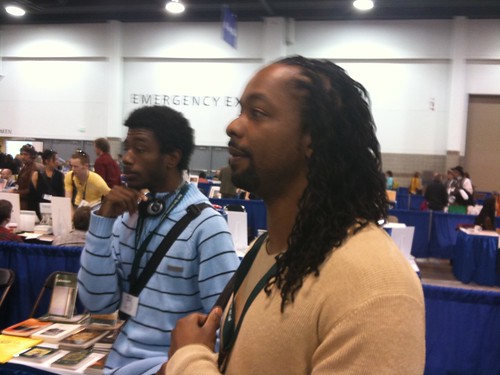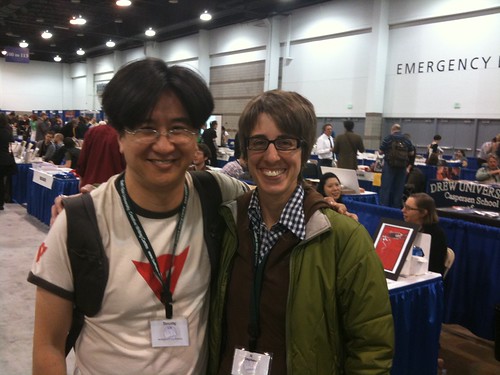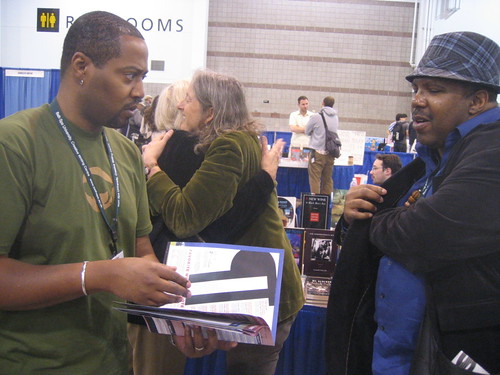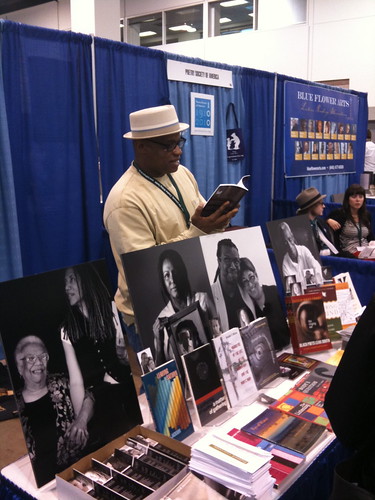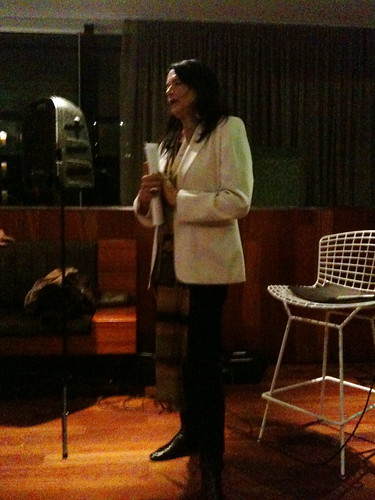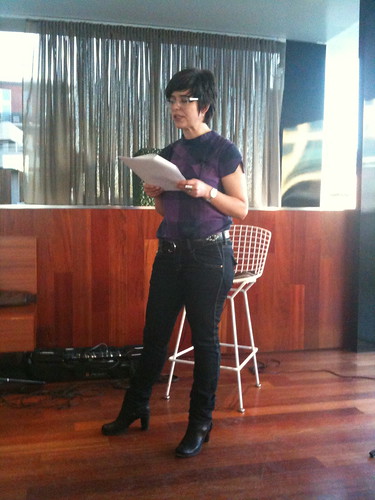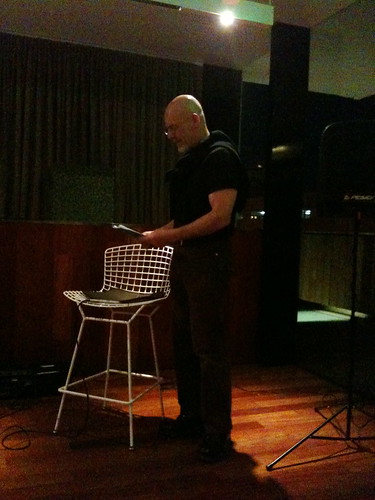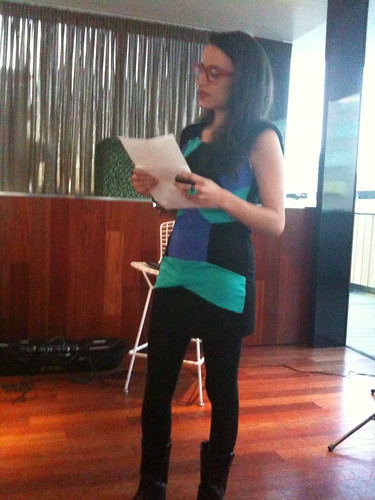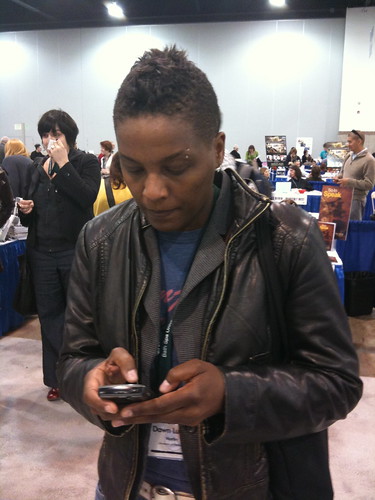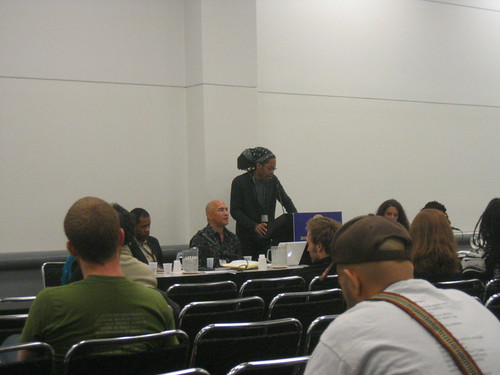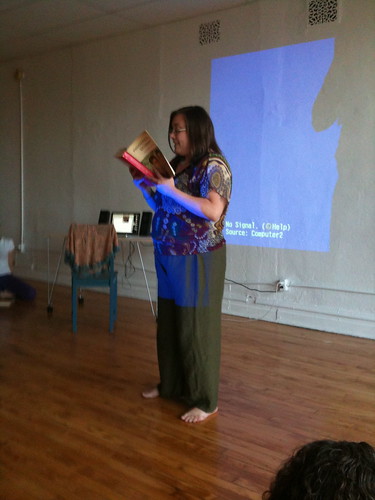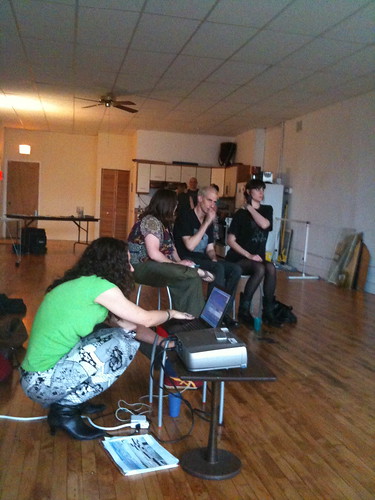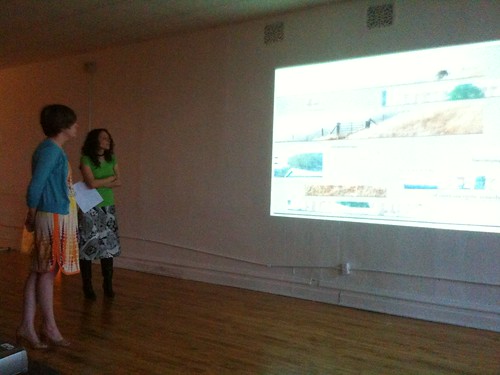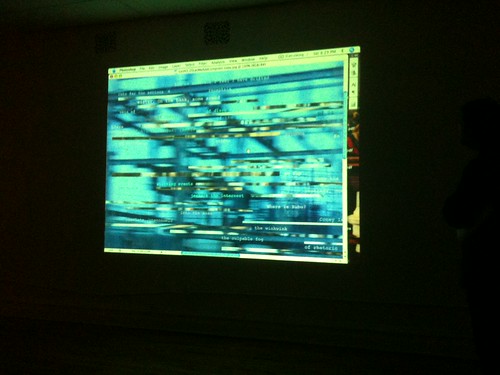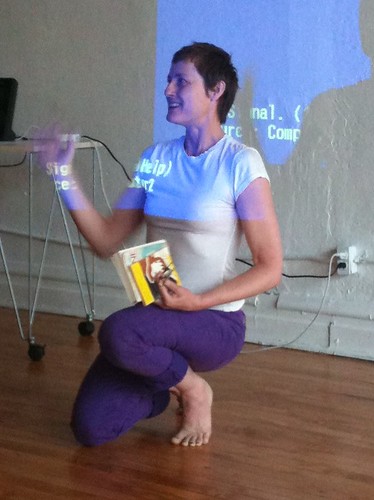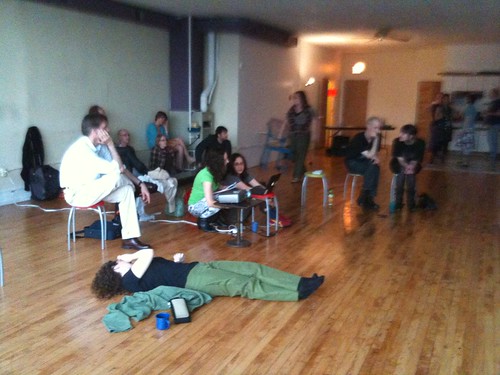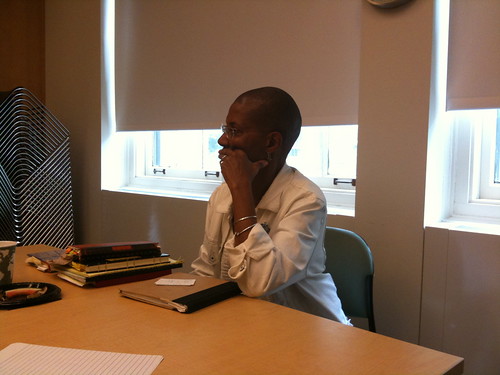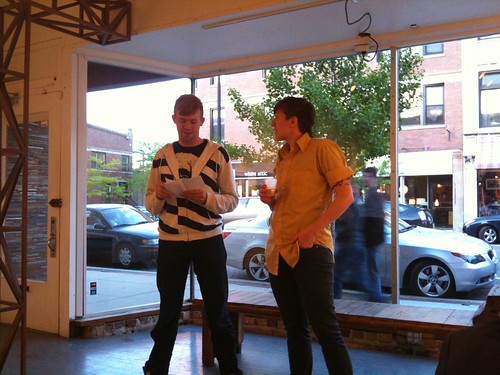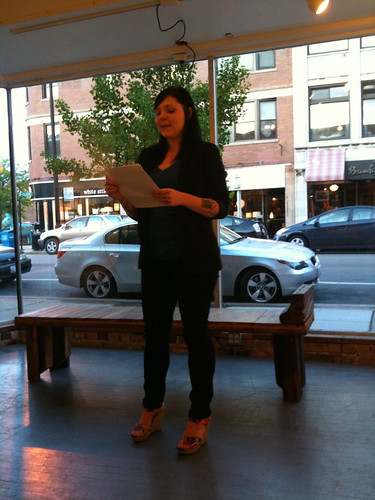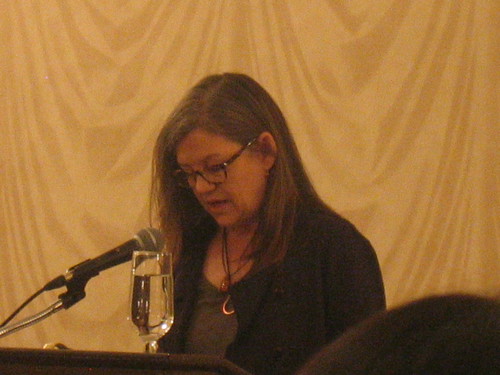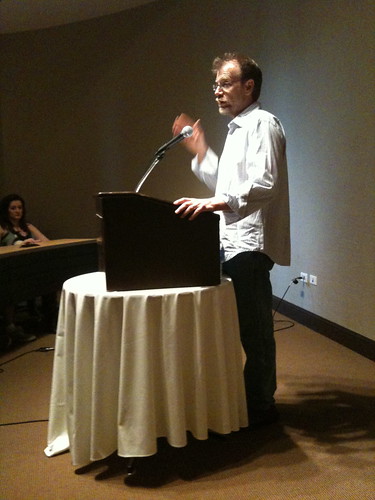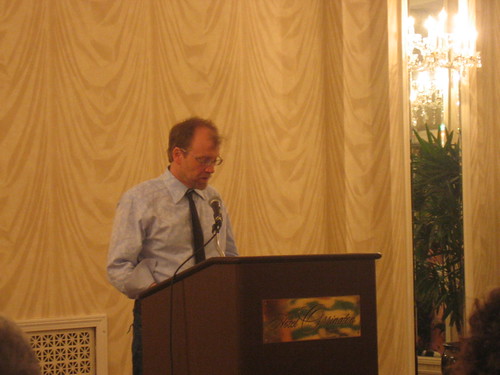 A listing of all the young women and men soldiers who've lost their lives in the Wars in Iraq and Afghanistan (CNN.com: US and Coalition Casualties)
A listing of all the young women and men soldiers who've lost their lives in the Wars in Iraq and Afghanistan (CNN.com: US and Coalition Casualties)A op-chart graphic on the dead and unknown dead in the US's wars, from today's New York Times, by Robert M. Poole and Rumors presents the country's military history in a metaphorically arresting, unforgettable way. (Cf. above, at right, and click on the link for the larger view.)
Finally, here's a Memorial Day post written by veteran and progressive Todd Theise, who's running against Democorporatist Scott Garrett in New Jersey's Fifth Congressional District. (H/t Digby!)
* * *
Memorial Day concerns remembering, memorializing and, to some extent, grieving, which brings me to the lone book not associated with any aspect of my teaching, writing, committee work, or university visitors that I've managed to read over the last 3 months, and it took just an evening: poet and classical scholar Anne Carson's extraordinary new work, which I will not call a book of poetry, though it is a highly poetic book, Nox (New Directions, 2010). The book has been covered extensively around the Net, so I'll describe it in a few words: in the way that only Carson can, the book combines an elegy to her deceased brother (the dedication, to "Michael," is "Nox Frater Nox" (or Night Brother Night), and a record of her translation of a particularly difficult Catullus elegy, Poem 101, "Multas per gentes et multa per aequora vectus." She translates the opening line as "Many the peoples many the oceans I crossed," and the rest of this short poem, a little beyond halfway through the book, surrounding it with a variety of other texts. There's a method that's quickly discernible: on the left pages, she usually (but not always) places lexical entries for each word in the Catullus poem, and on the right side, she features journal entries, snippets of notes to herself, very brief poems, visual images by and of herself, and sometimes of her brother, her own artworks, or any of these elements in collaged combination.
In and of themselves, these aspects of the book, especially by a writer of genius like Carson, would make for a worthwhile read, but the real showstopper is the book's physical form. The designer Robert Currie assisted Carson in creating the sort of affordable book-as-art you rarely see today (and sadly, especially at a time when physical books are facing possible disappearance as digital technologies increasingly dominate). The pages are full color, at times nearly convincing you that you're looking at Carson's journals instead of photographs of them, and the entire book is printed in accordion fashion, as the photos below show, and then placed in a gray oystershell box, which serves as a perfect bed for the reader to flip through it and enjoy it. You can lift it out of its box, of course, like an oyster, and it expands like a bellows, but having handled it a bit, it works fine either way. For weeks, as the pressure to get through mounds of fiction kept growing, I found myself stopping and examining this work every time I was in the bookstore (always a refuge for me), and eventually, as I was dawdling amid a stack of stories, I picked up a copy. Despite its format, the book falls within the current price range for hardcover books, at $29.95. It reminds me of another remarkable, widely available work, British postmodernist B. S. Johnson's (1933-1973) 1969 novel The Untouchables, which consists of 27 sections held together by a removable wrapper and placed in a similar clamshell box. In the UK Secker and Warburg originally published this work, and Picador published the British reissue in 2008, while New Directions published the US version.
This is not, however, a book of poetry in any conventional sense, and to me represents the most experimental text Carson has produced. Even placing this alongside her very avant-garde work Decreation: Poetry, Essays, Opera (Knopf, 2005), the radical quality of this text stands out. It reminds me both of an assemblage in the plastic art sense (cf. Duchamp, Man Ray, von Freytag-Loringhoven, Rauschenberg) and of one perhaps in the philosophical sense (Deleuze and Guattari), with the elements determined by the author, put in play by her, gesturing towards but defying a set genre (poetry), but really to be assembled and reassembled by the reader. To put it another way, Nox comprises texts to be made into a text, that must be made into them, to be transformed not into narrative, as Johnson had done earlier, or Julio Cortázar with his great novel Rayuela (Hopscotch, 1963), but into poetry, into a poem, an elegy. In a sense, it embodies the root idea of translation, which involves the ritual carrying over of the remains of the dead (trans-latus, carrying across), and also the very idea of remembering, which is to say, re-membering, or putting together the pieces again and a being mindful of the deceased, of the past, of their shared history, yet here, the remembering isn't just the author's, for her brother, but a collaborative effort, requiring the reader's involvement.
As with all of Carson's work, every return to the text provides and turns up something new, and I am enjoying now slowly making my way through the lexicon entries and thinking about how often the issue of "night" (nux in ancient Greek, nox in Latin) turns up in the examples, and also how each relates to the right-side materials, the Zettel that create this sad, powerful and novel conversational elegy.

Carson's Nox (New Directions, 2010), in its box (yes, that's Daneeyal Mueenuddin's stellar collection at left)
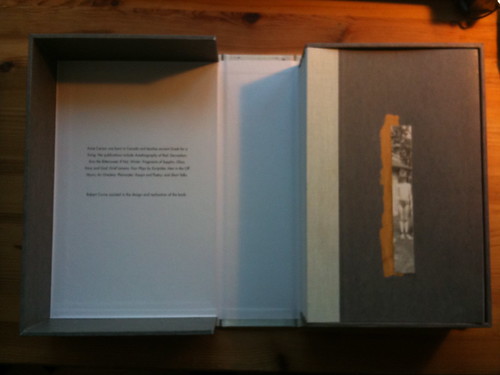
The box open, and the text inside
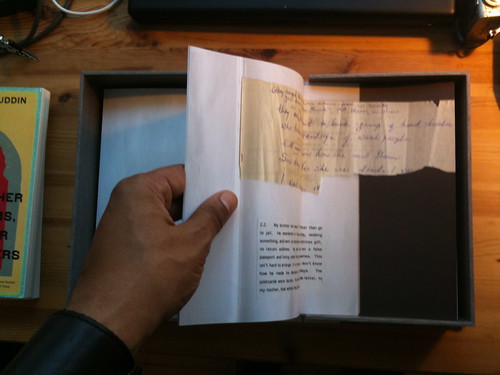
The 3-dimensional, multicolor quality of the text
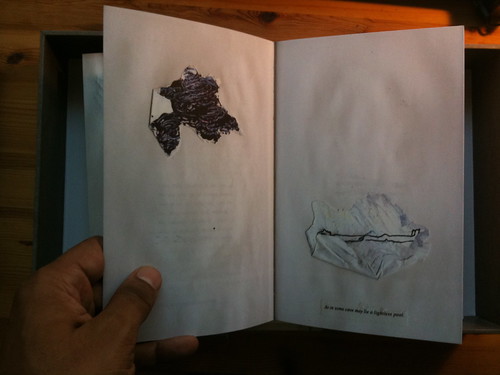
Some of Carson's artwork, in the text

An example of a lexicon entry on the left, and one of Carson's texts, her translation of the Catullus poem, on the right
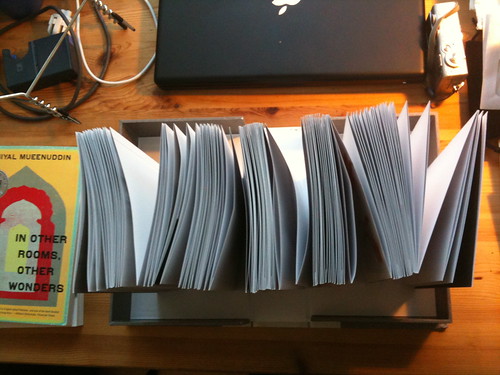
The book displayed in accordion fashion

The back of the book
* * *
When I have related the following story, or my rather reduced sense of it, to people, they listen politely, and I wonder, do they think I'm making this up? Because really, how often do you hear people use the terms "literary agent" and "crack addict" about the same person, in the same sentence? Yet such is the truth: my first (and former) literary agent is now set to become rich (again) and famous (or more so than he was), by giving his own account of his drug-addled career of a few years ago. Let me be clear that when he was my agent, although he wasn't able to sell my work (I did it myself), he was absolutely lovely and kind and encouraging and fun to be around, and I never thought for a minute that anything was amiss, and I gather it wasn't. He represented others quite well (including the author I wrote about above). But only a few years later, after he'd hit the jackpot with star writers and big advances...well, you can read the article. And I just may have my students do so next winter. I think.
New York Times: "Tale of a Life, Unabridged: A Book Agent's Descent and Ascent from the Ashes"
* * *
Lastly, speaking of books and new technologies, I found this short piece in yesterday's Guardian Online worth noting: at the Guardian Hay-on-Wye Book Festival, Nobel Laureate Nadine Gordimer was advocating for the printed word over new technologies, and was especially calling for libraries, with print texts, in the shantytowns in South Africa (how many libraries could have been built and stocked with books for the billions spent on those World Cup stadiums?) and in similar places across Africa and the globe. In addition, she lamented the absence of bookstores as well in areas where black people were formerly segregated because of apartheid. One simple point she made concerns the technological requirements for digital materials; she spoke about the batteries required for digital readers, but we might also press the issue of electricity too: without either, or affordable means to acquire and access them, what good is digital technology? If you can't charge your iPad or laptop, or access dial-up, broadband or wireless broadband, to what end are these technologies? (I did participate in the One Laptop Per Child (OLPC) program a few years back, and while it did have its problems, it still promises a way around some of these issues.) Yet Gordimer's basic point is well-taken: books are one of the more robust technologies for learning that we have, and we should be wary of doing away with them, especially in the physical and material forms we now have, too quickly. She also noted that one of the most influential wriers for her was Marcel Proust and said that she'd read his magnum opus A la recherche du temps perdu (In Search of Lost Time, 1913-1927) three times, first, in English as a girl (!), then in French, and then again recently in French. Would that I could find the time and space in this world to do so, even in English!
